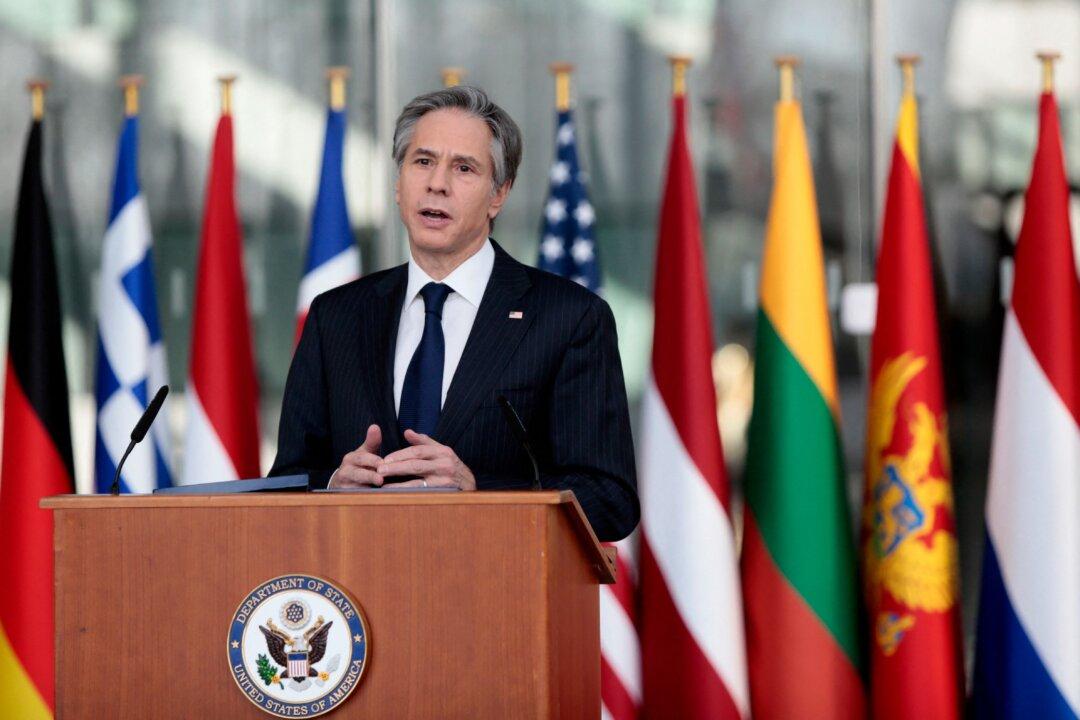The Beijing regime’s “blatant economic coercion” against Australia is one of the three most urgent threats facing the world, U.S. Secretary of State Antony Blinken says.
Speaking at NATO headquarters in Belgium on March 24, he noted that the Chinese Communist Party (CCP) poses a growing military and non-military threat that can no longer be ignored.





